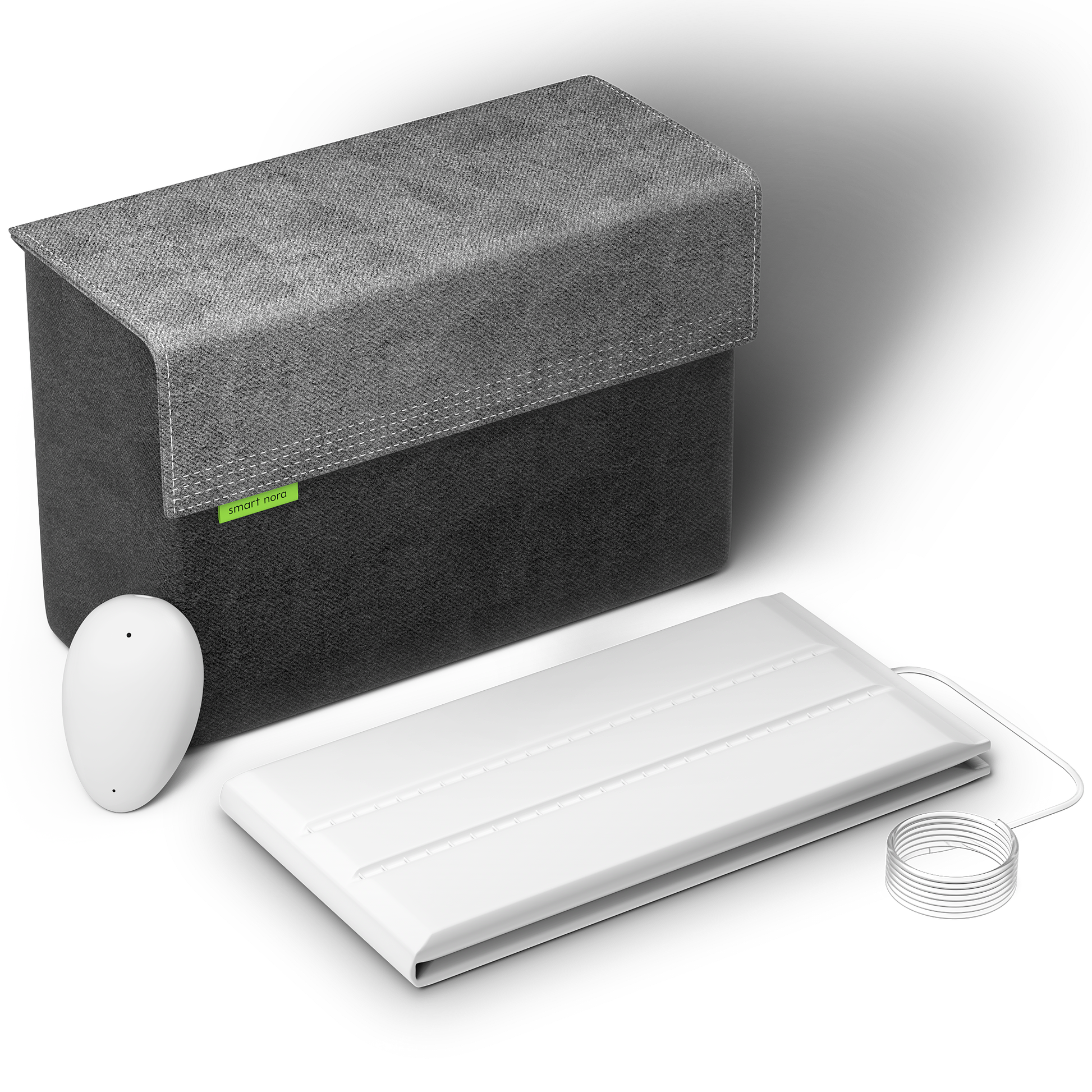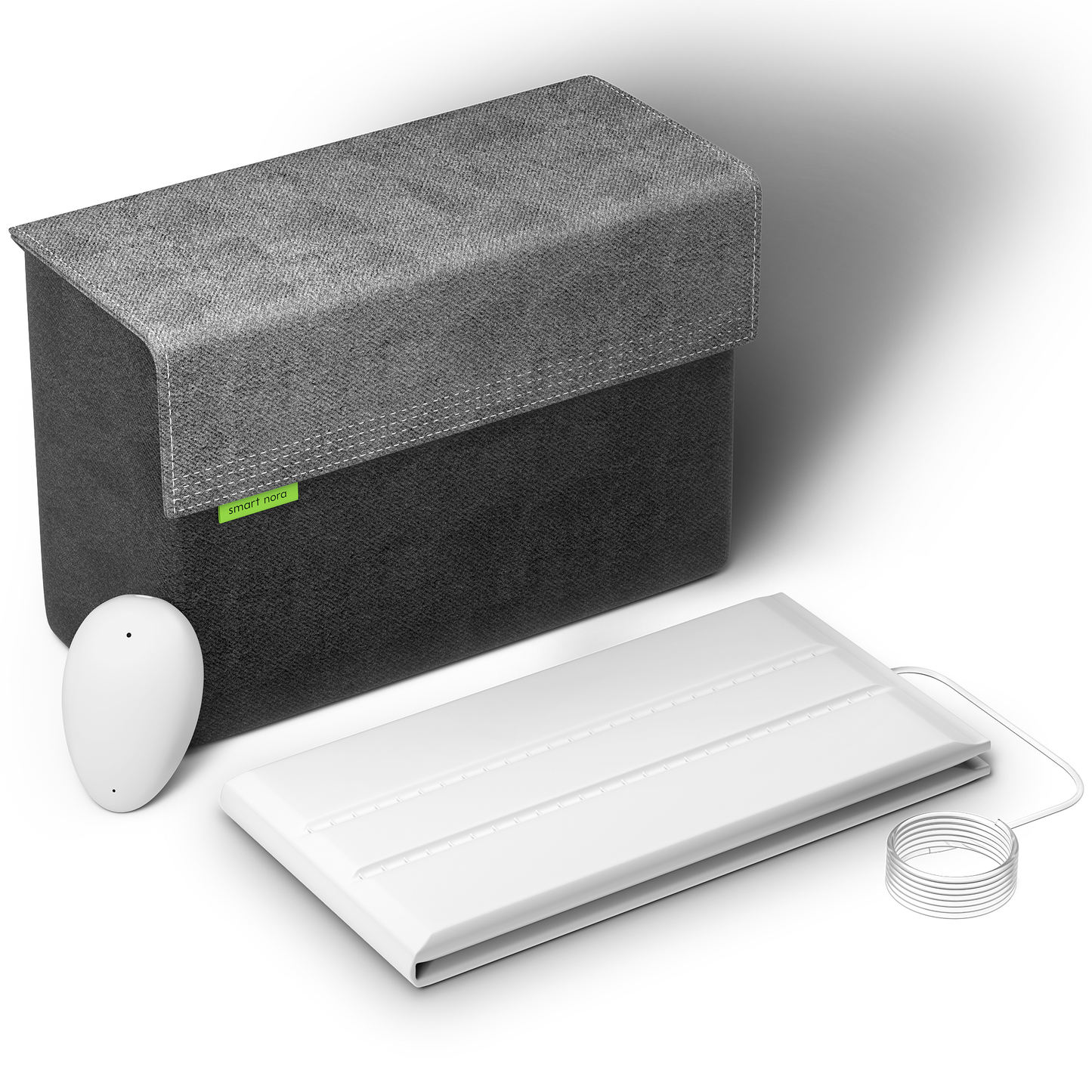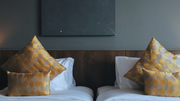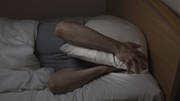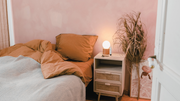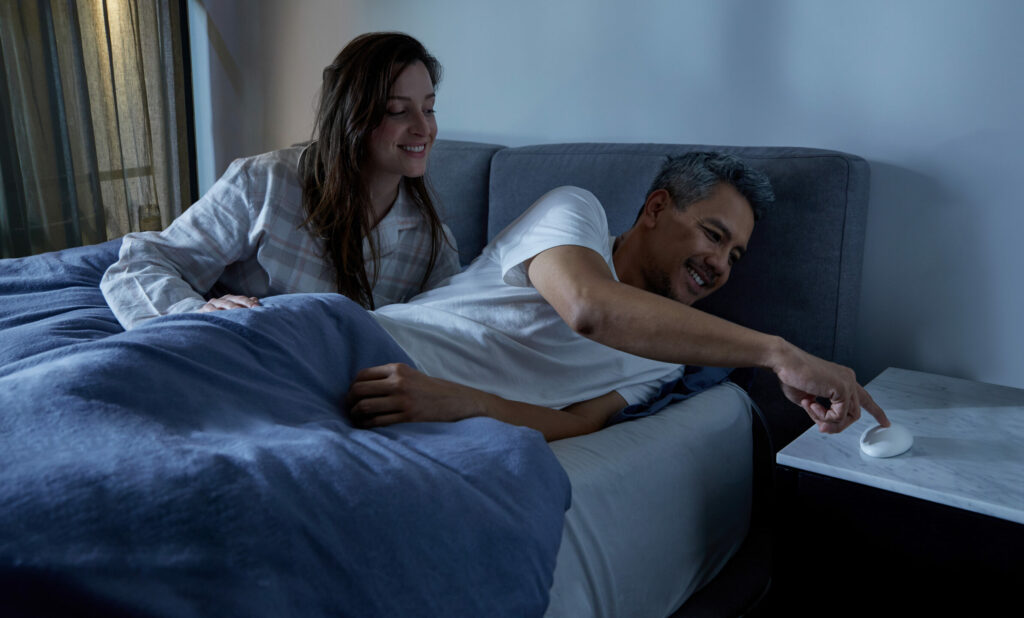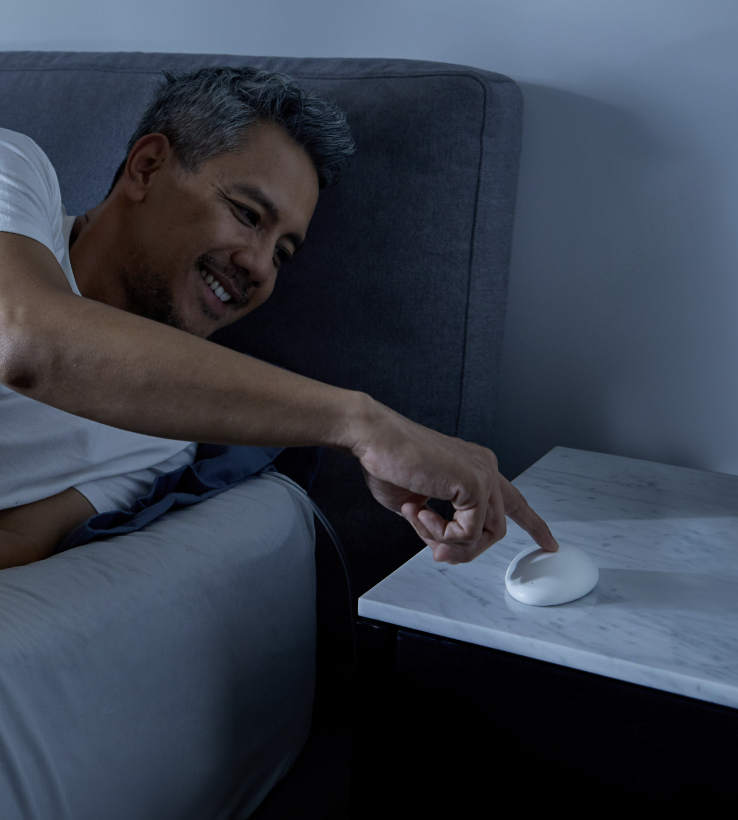After a long, back-breaking day, all you want to do is hit the pillow and sleep like a baby. Indeed, a night of peaceful and deep sleep is critical to letting our minds reset and ensuring proper brain function. However, uninterrupted and deep sleep is rare for many people. If you have difficulties sleeping, like tossing and turning, waking up abruptly in the middle of the night, or checking the time every hour, you’re experiencing restless sleep.
Although it’s pretty normal to experience restless sleep occasionally, and most of us have restless nights from time to time, it can hamper your health if it happens recurrently.
Nevertheless, you can always help yourself and get a good night’s sleep by knowing the causes of restless sleep and taking steps to overcome it. Here’s everything you need to know about restless sleep.
What is Restless Sleep?
Well, there is no accredited medical definition of restless sleep, but in simple terms, it is when a person doesn’t sleep well. Uneasy sleep is very subjective; some people may toss and turn the whole night and feel lifeless the other day, whereas others wake up to drink water and struggle to go back to sleep. That being said, the American Academy of Sleep Medicine (AASM) exclaims that restless sleep is an unidentified sleep disorder.
It can be sometimes tricky to scout out whether you have restless sleep or not, but if you’re experiencing these signs, you might have disturbed sleep.
- Tossing and constantly turning during sleep
- Uneasiness in the bed
- Waking up frequently during the night
- Talking while sleeping
- Sleeping with an unrested mind

Besides these, other signs include sleepwalking, constant movements during sleep, or loud snoring. But if restless sleep seems similar to insomnia to you, you’re barking up the wrong tree.
Restless Sleep is Not Insomnia
Firstly, insomnia is an identified sleep disorder, unlike restless sleep. What’s more, insomnia can be short-term or life-long, affecting your physical as well as mental health. It is essential to understand that not all people who encounter restless sleep have insomnia, and occasional restless sleep shouldn’t be a matter of concern.
What Amount of Restless Sleep is Normal?
Studies show that many people experience 10 to 30 periods of restlessness during the initial stages of sleep. However, if you take more than 30 minutes to fall asleep or feel puffed every morning, it implies leading a life of chronic restlessness.
In fact, 35% of the surveyed people in a study said they experienced nocturnal awakenings at least three nights each week. So, do not stress (it’s a cause of restless sleep), as not being able to sleep once in a while is pretty normal. But, if this persists for weeks and leads to an unproductive day each day, you should see a doctor and avail the right course of treatment.
What are the Causes of Restless Sleep?
If you affirm that you’re suffering from a restless sleep, you definitely want to know its root cause. Let’s check out some of the major causes of disturbed sleep.
Poor Sleep Hygiene
One of the significant causes of restless sleep is poor sleep hygiene, and you’re bound to get good sleep with proper sleep practices and habits. Poor sleep hygiene practices like excessive caffeine and alcoholic drinks, using electronic gadgets before sleeping, working late nights, etc., can make you feel like a cat on hot bricks.
Sleep Disorders
Nevertheless, despite following good sleep hygiene, many still suffer from restless sleep. Well, that is because they’re already going through a sleep disorder. Did you know around 70 million Americans experience some sleep disorder? Sleep apnea, restless leg syndrome, and insomnia are some widespread sleep disorders sweetening the pot of restless sleep.
Even so, with good sleep hygiene, you must have a balanced diet and follow a good meal pattern. We know late-night munchies are soul-satisfying but eating anything heavy right before sleeping is harder to digest, causing uneasiness and restless sleep.
Stress and Anxiety
Since we’re discussing restless sleep, how can we not talk about stress and anxiety! Stress and anxiety-related disorders can cause the mind to race, toss and turn more than usual. It’s a fact that when the mind is not at peace, getting sleep is beyond one’s grasp. According to a study, somatic anxiety negatively impacts your sleep patterns, and the State of Sleep in America report states that stress multiplies the chances of poor-sleep quality, eventually causing obesity, blood pressure, diabetes, and even heart attacks.
Improper Sleep Environment
What if we ask you to tell us about the best sleep you’ve ever had? Most likely, your answer will be a hotel room. That’s because hotel rooms are designed to give you an environment perfectly crafted for sleep. It’s clean, calm, and relaxing! Likewise, an unpleasant sleep environment such as using a discomforting mattress or pillow, harsh lights turned on, or loud, disturbing noises affect your sleep.
Ways to Getting Rid of Restless Sleep
The good news is that you can still fix restless sleep. There are many individual steps you can take to cast away fidgety nights.
Take Up a Healthy Lifestyle
First and foremost, you need to maintain a balanced and healthy lifestyle. This means ensuring you do not burden yourself with work, your diet should have adequate quantities of proteins and nutrients, exercise daily, and sleep on time.
Maintain an Appropriate Sleep Hygiene and Environment
The better your sleep hygiene, the faster you can get rid of restless sleep. Avoid late-night snacks, ensure consistency in sleep schedules, don’t take naps in late afternoons, avoid excessive consumption of alcohol, and ensure you sleep for 7-8 hours.
There are few better feelings than climbing onto crisp, clean bedding that makes you feel relaxed and get to sleep in the twinkling of an eye. Hence, create a pleasant and positive environment in your bedroom–keep the room as dark as possible, sleep on a good mattress and pillow, avoid light exposure, and keep the right temperature. It’s the little things that mean the most!
Consult a Doctor
Despite practicing the above tips, it is time to consult a doctor if you continue to have restless sleep. They can help you get the right course of treatment and better sleep.
Hit the Bed and Sleep Like a Baby
A night of long sleep is the best cure in a doctor’s book, along with a good laugh. Good quality sleep ensures proper relaxation and functioning of your body and augments your daytime energy. Don’t forget to keep distractions, such as your phone, laptop, etc., at bay.

But if you’re experiencing sleepless nights because your partner snores, then an anti-snoring solution like Smart Nora can help you sleep peacefully. A small and smart device with intuitive controls detects snoring sounds and gently moves the pillow to stop them.






